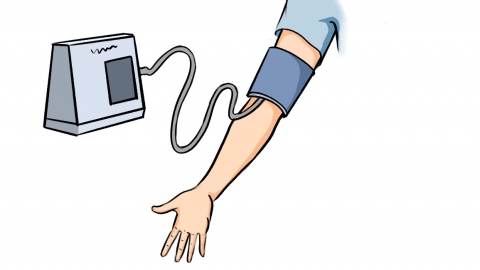What general knowledge about hypertension includes
General knowledge about hypertension typically includes the definition and diagnostic criteria of the disease, common causes and classifications, typical symptoms, long-term health impacts, and basic treatment principles. A detailed analysis is as follows:

1. Definition and Diagnostic Criteria: Hypertension is a chronic condition characterized by persistently elevated arterial blood pressure. The diagnosis is confirmed when, without antihypertensive medication, three separate blood pressure measurements taken on different days show systolic blood pressure ≥140 mmHg and/or diastolic blood pressure ≥90 mmHg. Accurate measurement is essential to determine the stage of the disease.
2. Common Causes and Classification: Hypertension is classified into two main types—primary (essential) and secondary. Primary hypertension accounts for over 90% of cases and is associated with genetic factors, age, and unhealthy lifestyle habits. Secondary hypertension is caused by specific underlying conditions such as kidney disease, endocrine disorders, or vascular abnormalities; blood pressure may improve once the underlying cause is treated.
3. Typical Symptoms: Most patients have no obvious symptoms in the early stages. Some may experience dizziness, headache, fatigue, or palpitations. Poor long-term blood pressure control can lead to blurred vision, chest tightness, or numbness in limbs. In severe cases, it may trigger acute cardiovascular or cerebrovascular events.
4. Long-Term Health Consequences: Chronic hypertension damages target organs such as the heart, brain, kidneys, and eyes, significantly increasing the risk of complications including coronary heart disease, stroke, kidney failure, and retinopathy. It severely affects overall health and can even be life-threatening, underscoring the importance of long-term blood pressure control.
5. Basic Treatment Principles: The goal of treatment is to control blood pressure and reduce complications through lifestyle modifications and medication. Lifestyle changes include a low-salt diet, regular physical activity, smoking cessation, moderate alcohol consumption, and weight management. Medication must be taken regularly as prescribed by a physician, using appropriate antihypertensive drugs.
Seek medical attention promptly upon detecting abnormal blood pressure to avoid delayed treatment. Only by maintaining a healthy lifestyle and adhering to standardized therapy can hypertension be effectively managed and health risks reduced.






